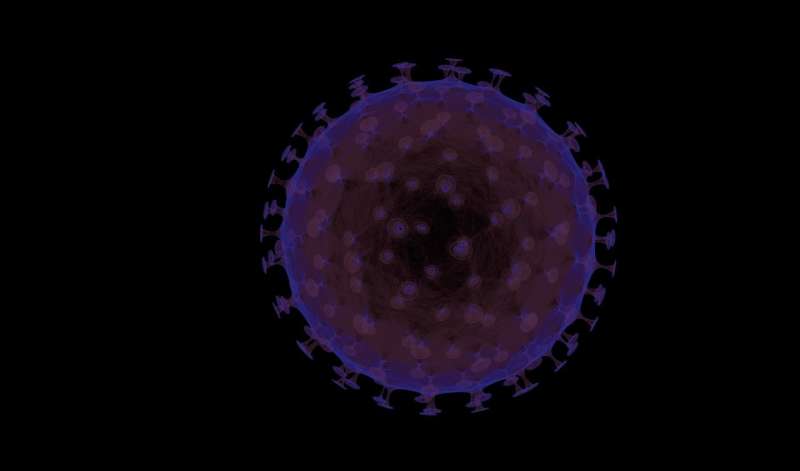
Taiwan recorded more than 10,000 new infections for the first time on Thursday following the government’s decision to move away from its zero-COVID strategy and begin living with the coronavirus.
The shift leaves China—and its financial hub Hong Kong—as the only major economy still sticking to the zero-tolerance strategy even as Omicron breaks through those defences and forces painful lockdowns.
“We have 11,353 local infection cases, two deaths and 164 imported cases,” health minister Chen Shih-chung said at an afternoon press briefing.
Taiwan has largely closed its borders and implemented strict quarantine rules throughout the pandemic, keeping infection numbers low.
An outbreak last year prompted the temporary reimposition of economically painful social distancing measures until it was brought under control.
Infections are once again rising but the island’s leaders have signalled they will follow other former zero-COVID economies like Singapore, Australia and New Zealand by opening up and accepting that cases will spike.
According to Taiwan’s health ministry, 99.7 percent of 51,504 infections recorded since January 1 this year have been mild or asymptomatic—with seven COVID-19 deaths reported over that period.
“We are at a phase where (infection) cases are certain to increase rapidly, which is unavoidable,” Health Minister Chen Shih-chung told reporters.
Chen warned that the island’s daily infection cases could more than double to 37,000 in a week.
Around 80 percent of Taiwan’s population are double vaccinated, while 58 percent have taken a third booster.
However, the vaccine take-up among the elderly, the most vulnerable demographic, has been lower with only six percent of over-75s boosted with a third jab.
Across capital city Taipei this week, residents could be seen lining up outside pharmacies to buy test kits, which are now being rationed by the government.
The government has begun a new plan to shorten home isolation for close contacts of COVID-19 cases to 3 days, down from 10, if a rapid antigen test proves to be negative at the end of the isolation period.
It is also considering relaxing the 10-day quarantine rules for foreign arrivals.
Source: Read Full Article
